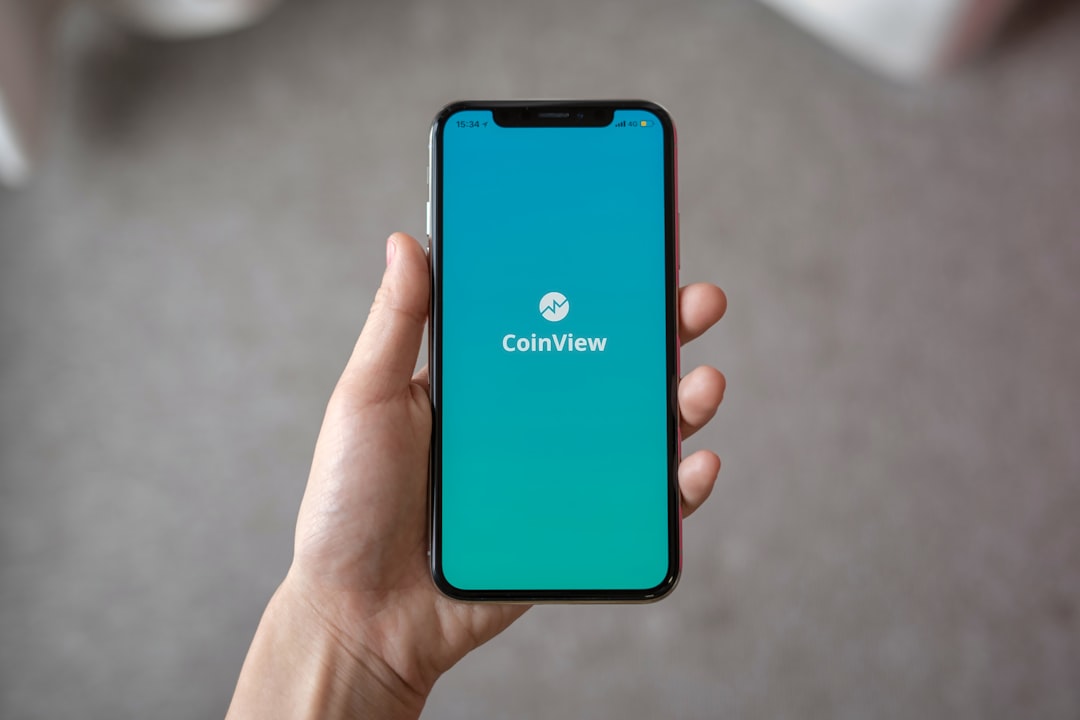In the dynamic sharing economy of Washington, D.C., navigating the Telephone Consumer Protection Act (TCPA) is crucial for businesses aiming for legal compliance and consumer trust. The TCPA protects consumers from unwanted calls and texts, with rules on telemarketing particularly relevant in the tech-driven city. Businesses must secure prior express consent for marketing contacts to avoid penalties and build positive customer relationships. This becomes even more challenging due to the city's bustling rideshare and delivery services, requiring businesses to adapt compliance strategies across various communication channels while adhering to stringent local laws and fostering consumer trust.
“Washington, D.C., as a bustling hub of the sharing economy, faces unique challenges under the Telephone Consumer Protection Act (TCPA). This act, designed to protect consumers from nuisance calls and texts, is more relevant than ever in the city’s dynamic urban landscape. With a growing number of businesses adopting sharing models, navigating TCPA compliance is crucial for operators. This article explores these complexities, offering insights into the challenges faced by D.C.’s sharing economy and providing strategies for businesses to thrive while adhering to stringent regulations.”
Understanding TCPA and Its Relevance in Washington, D.C.'s Sharing Economy

In the dynamic landscape of Washington, D.C.’s sharing economy, understanding the Telephone Consumer Protection Act (TCPA) is paramount for businesses aiming to operate within legal boundaries. The TCPA, a federal law enacted in 1992, establishes rules for telemarketing and protects consumers from unwanted phone calls and text messages. Its relevance in the District of Columbia is undeniable, given the city’s thriving tech and ride-sharing industries, which heavily rely on digital communication channels.
For businesses operating in Washington, D.C.’s sharing economy, TCPA compliance ensures fairness and transparency in interactions with consumers. It governs how companies can contact individuals for marketing purposes, ensuring that calls or texts are made only with prior express consent. By adhering to these regulations, businesses can avoid costly legal repercussions and maintain a positive reputation among customers who value their privacy and data security.
Challenges and Considerations for Compliance in a Dynamic Urban Environment

Navigating TCPA compliance in Washington, D.C.’s dynamic sharing economy presents unique challenges. The city’s bustling ecosystem, with its numerous rideshare and delivery services, requires constant vigilance to ensure adherence to the Telephone Consumer Protection Act (TCPA). One significant consideration is the rapid evolution of communication technologies and consumer expectations, demanding up-to-date practices to avoid costly legal repercussions.
Moreover, the diverse nature of shared economy businesses in D.C. necessitates tailored compliance strategies. From ride-sharing apps to food delivery platforms, each engages consumers through various channels—phone calls, SMS, and push notifications—requiring careful management under TCPA guidelines. Effective compliance involves staying abreast of legal interpretations, implementing robust opt-out mechanisms, and documenting consumer consent, all while fostering seamless user experiences in this vibrant urban landscape.
Strategies for Businesses to Navigate and Thrive Amidst Regulatory Scrutiny

Navigating the complexities of TCPA compliance in the dynamic landscape of Washington, D.C.’s sharing economy requires a strategic approach for businesses aiming to thrive under heightened regulatory scrutiny. First, companies must stay abreast of evolving legislation and guidelines specific to the District, ensuring all communications practices align with local laws. This proactive stance involves regular updates on TCPA interpretations from regulatory bodies, as well as adapting customer consent mechanisms to meet stringent requirements.
Additionally, fostering robust internal protocols for data privacy and protection is paramount. Businesses should implement meticulous processes for obtaining, managing, and documenting consumer consent, especially in the context of automated calls and texts. Investing in advanced technologies that streamline compliance tracking and reporting can significantly mitigate risks. By embracing these strategies, businesses not only ensure TCPA adherence but also build trust with consumers, positioning themselves as responsible participants in Washington, D.C.’s thriving sharing economy.






